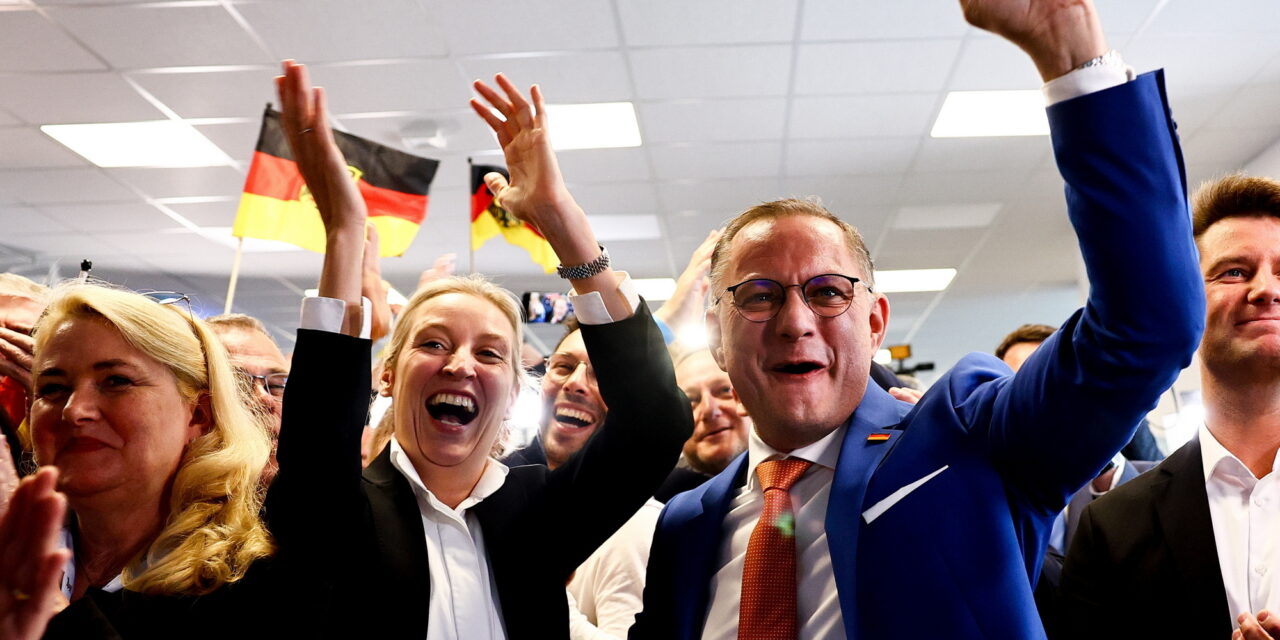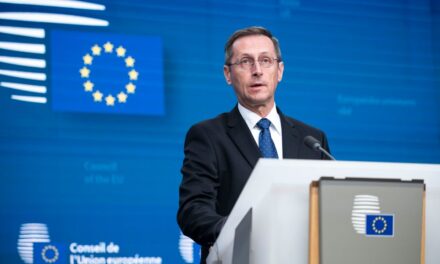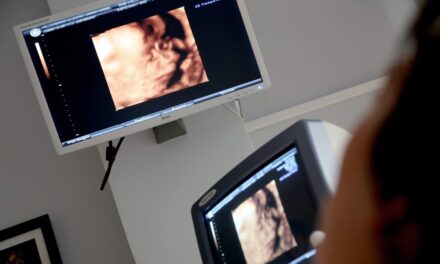They are the strongest party in East Germany, they have become the second national force.
In the capital, the AfD was followed by the CDU's list with 20.7 percent support, and in third place was the Sahra Wagenknecht Alliance (BSW), which has only existed for a year, with 13.1 percent.
Alice Weidel, co-president of the AfD, told ZDF on Sunday evening that she was satisfied with the result, especially considering that the internal political developments of the last few weeks have affected her party.
He emphasized that the AfD had gained significant strength compared to the last EP elections in 2019, especially in East Germany.
As he said, he sees the reason for this in the fact that voters are generally more critical of Europe.
At the national level, the conservative CDU/CSU party alliance together obtained 29.6 percent of the votes, the AfD achieved 16.4 percent, while the Social Democratic Party (SPD), the Free Democrats (FDP) and the Greens (Die Grüne), which make up the government in Berlin none of the parties gained more than 14 percent support.
The performance of the Greens, marked by the name of Foreign Minister Annalena Baerbock, is considered disastrous by German analysts. The Free Democrats lost a similar number of supporters (5 percent), and even the Sahra Wagenknecht Alliance (5.7 percent) fared better.
Cover photo: Tino Chrupalla, co-chairman of the opposition Alternative for Germany (AfD) party (j) and Alice Weidel, deputy chairwoman of the AfD, at the party's Berlin campaign center for the European Parliament elections on June 9, 2024.
MTI/EPA/Filip Singer













